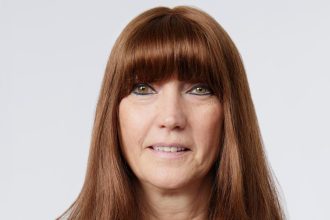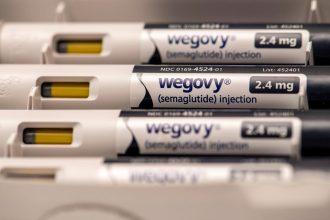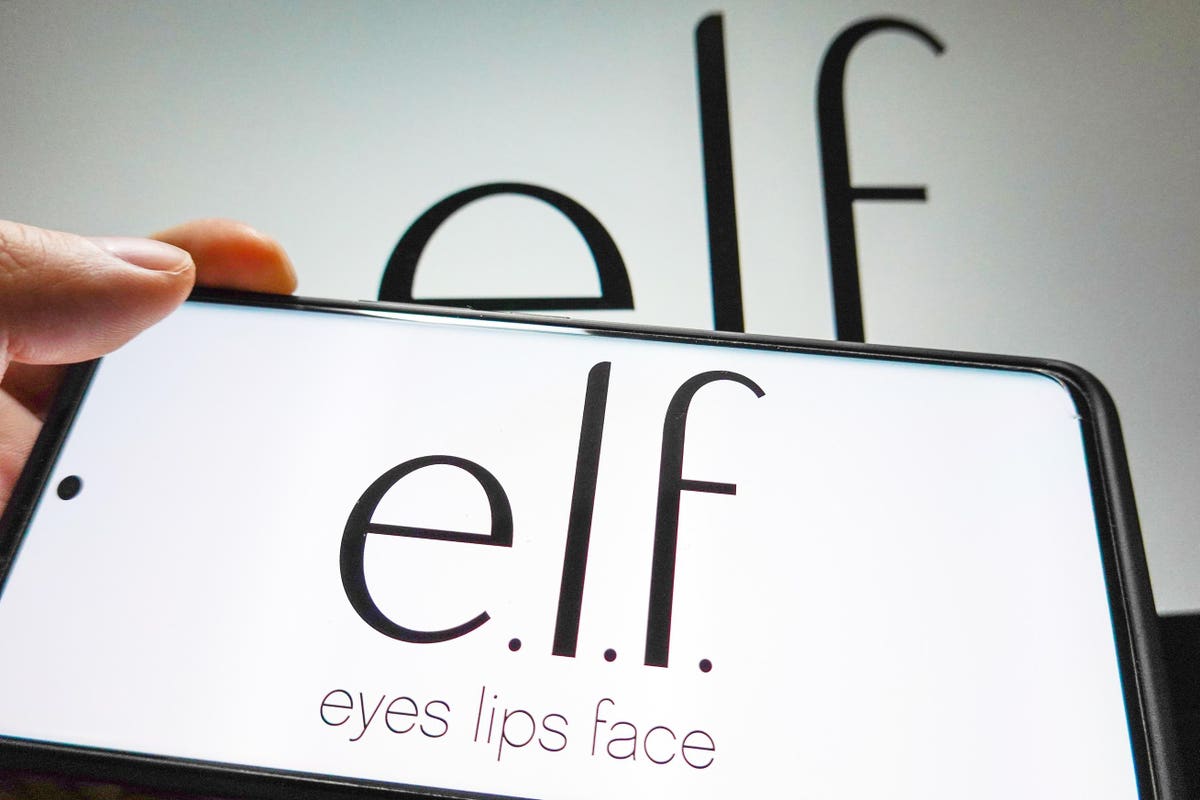E.l.f. Beauty just announced a definitive agreement to acquire disruptor skincare brand Naturium for $355 million in a combination cash and stock deal. Founded in 2019 by beauty journalist turned YouTube beauty expert Susan Yara, Naturium is projected to generate $90 million this year and $17 milion in adjusted EBITDA.
The transaction is expected to close at the end of September, after which it is expected to contribute $48 million to E.l.f. sales in Fiscal 2024 and double its revenues in skincare from 9% currently to 18% combined.
Both E.l.f.’s skincare range and Naturium’s sit in the accessible, mass beauty market, but Naturium takes it up a notch with an average retail price of $18 versus E.l.f.’s at $9. But they share similar commitments to clean, cruelty-free, clinically-effective skincare.
“Naturium aligns with e.l.f. Beauty’s vision to create a different kind of beauty company with brands built to disrupt norms, shape culture and connect communities through positivity, inclusivity and accessibility,” E.l.f. CEO Tarang Amin said in a statement. “Naturium joining e.l.f. Beauty presents a unique opportunity to significantly accelerate the potential we see in skincare.”
Naturium is already growing rapidly, with a reported 80% compound annual growth rate over the past two years through DTC distribution, including Amazon
AMZN
TGT
But with E.l.f.’s expanded retail distribution, including Target, Walmart
WMT
RAD
Going For Growth
CFO Mandy Fields described this as a “growth-driven acquisition versus synergy-driven” one. It broadens E.l.f.’s reach into the $20 billion skincare segment of the U.S. beauty market, which Statista projects will reach $25 billion by 2028.
As is, E.l.f., which stands for eyes, lips and face, has been remarkably successful in the $18 billion color cosmetics side of the beauty business, which will grow to $23 billion by 2028.
After reporting first-quarter fiscal 2024 results in early August, when net sales advanced 76% to reach $216.3 million, it climbed to the number three largest mass-market cosmetics brand in the U.S., after Maybelline New York and L’Oréal Paris, having surpassed Cover Girl and Revlon. And among GenZs, it is number one, taking over the slot from Maybelline, according to Piper Sandler.
With the leading edge of GenZ now 26 years old, they are rapidly aging into the prime market for skincare that Naturium targets, with 80% of its customers Millennials aged 27 to 42 years.
E.l.f. was founded in 2004 and went public in 2016 and also includes E.l.f. Cosmetics, E.l.f. Skin, plant-based Well People beauty and skincare brand and Keys Soulcare developed in partnership with Alicia Keys.
Besides E.l.f.’s core values and premium quality at affordable prices, innovation is one of its keys to success. It is able to develop new products from concept to online launch is 13 weeks, whereas other companies take 20 weeks or longer. Fast Company named it one of the “World’s Most Innovative Companies of 2023.”
Having mastered getting buzz on social media, it has leveraged its following to build collaborations with other companies, like a recent partnership with American Eagle for a palette of denim-inspired cosmetics, including a blue lip balm that turns pink when applied.
However, it isn’t relying only on social media. It ran a 30-second commercial in this past year’s Super Bowl featuring actor and comedian Jennifer Coolidge that poked fun at the sticking power of its Power Grip makeup primer.
And notably, at age 61 years, Coolidge is a Boomer, so it’s not just the GenZ and Millennials that E.l.f. is reaching.
Being Profitable
Despite E.l.f.’s rapid growth, which advanced 48% year-over-year in fiscal 2023 then another 76% in its most recent quarter, it has remained profitable. Its gross profit increased 55% last year, to $390 million and net profits nearly tripled, from $22 million last year to $62 million most recently. It reported a similar positive gross and net profit in the first quarter.
With tailwinds at its back, and before the Naturium announcement, E.l.f. raised its outlook for fiscal 2024 to reach between $792 to $802 million in net sales and adjusted net income to range between $125 to $127 million.
Adding Naturium into the mix, investment firm TD Cowen expects combined sales to top $864 million this fiscal year with an EBITDA of $188 million and to grow revenues to $1.1 billion and EBITDA to $239 million in fiscal 2025. In that year, Naturium will contribute 15% of E.l.f.’s total sales, or $180 million, effectively doubling its expected sales this year.
In its research note, TD Cowen said that the Naturium acquisition calms investor worries about E.l.f.’s ability to grow its skincare business. “We believe ELF’s platform and expertise in marketing should help drive high growth for Naturium over the medium term.”
And it added, “In our view, the brand aligns well with ELF’s accessible yet innovative and effective ethos, complements the ELF skin portfolio with a suite of fast-growing skin care products, and should be able to accelerate growth by leveraging ELF’s retailer relationships, highly effective beauty marketing tactics and international expansion strategy.”
More Growth To Come
The latter is a huge opportunity for E.l.f. as only 12% of revenues were generated internationally last year.
McKinsey calculates the global beauty market reached $430 billion in 2022 and should grow at a CAGR of 6% to reach $583 billion by 2027. Currently, skincare represents about 45% of the global market, or $190 billion, and color cosmetics at $80 billion is 19%.
That leaves E.l.f. to tackle the other two major beauty categories, fragrance at $70 billion and hair care at $90 billion. Given its track record, the sky’s the limit for E.l.f. Beauty.
Read the full article here





